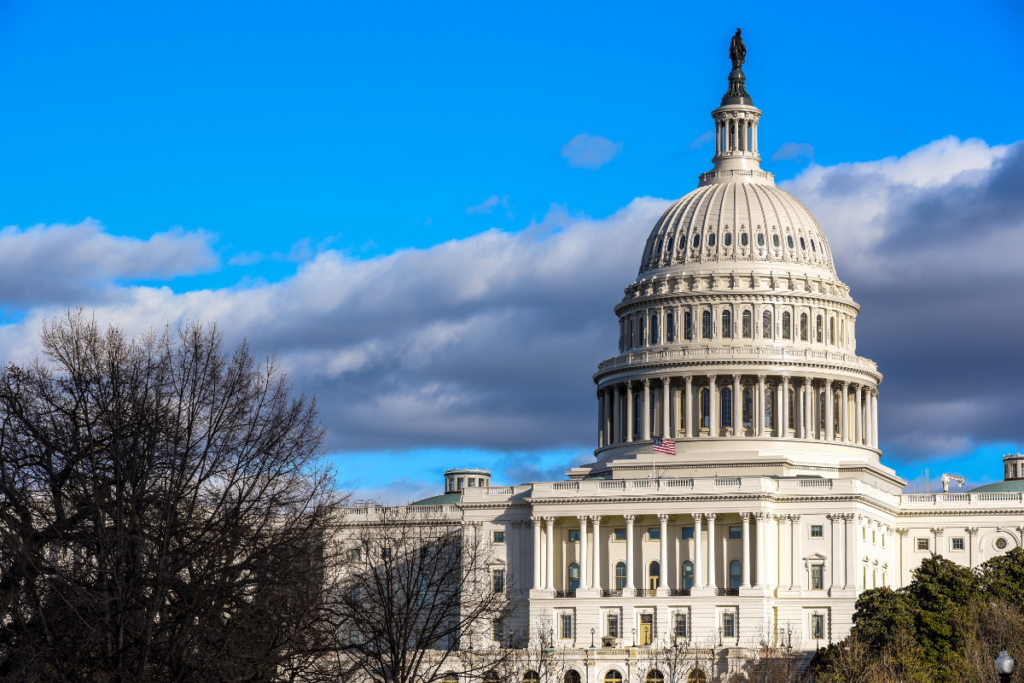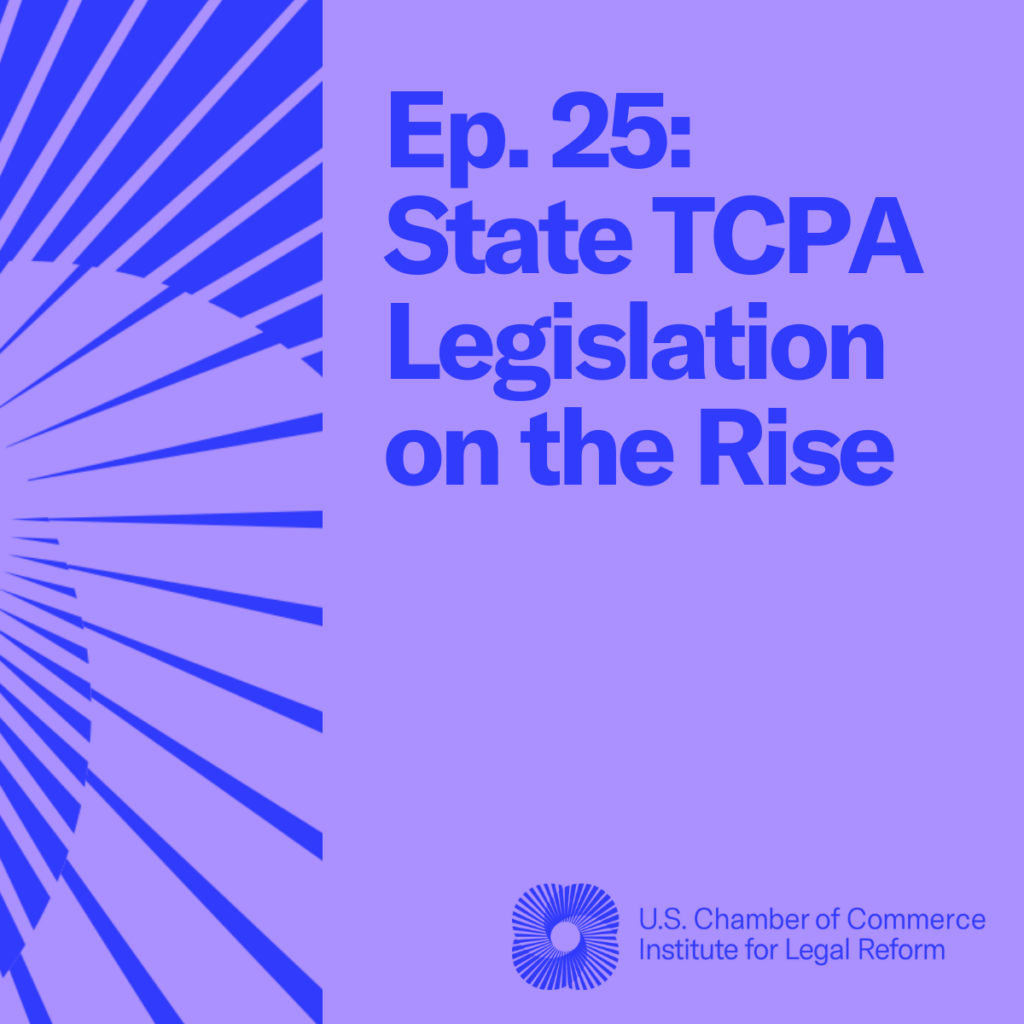Enacted in 1991, the Telephone Consumer Protection Act (TCPA) was designed to keep Americans from those pesky telemarketing calls at the most inconvenient times by restricting the use of autodialers and prerecorded messages.
Fast forward to today, when new technology grows old at the blink of an eye and almost anything can be considered an autodialer. Yet that same law from 1991 still regulates the space and keeps generating thousands of lawsuits each year. To be clear, there are bad actors. Offshore robocallers regularly flood the phones of everyday Americans with scams. Yet they go unpunished, while legitimate businesses face class action lawsuits that cost millions of dollars to litigate. The only people these lawsuits benefit are the trial lawyers who cash in on the settlements.
It’s no secret that Telephone Consumer Protection Act (TCPA) litigation has run amok. So, what gives? It’s clear that the law needs an update. A path forward is needed to keep up with technology. A new video from Faces of Lawsuit Abuse provides that path.
The way back to rationality begins with the Federal Communications Commission (FCC). The FCC should modernize the law to stop frivolous ligation against legitimate business practices. Today, businesses can be sued for calling a phone number that they didn’t know was reassigned (which has even incentivized people to collect reassigned numbers).
The FCC’s plans to create a reassigned number database is a good start, but there’s more work to be done. For example, it can clarify the definition of an autodialer, which has been left ambiguous after the D.C. Circuit struck down the old version. Any new definition must clearly state that autodialers must use a random or sequential number generator to store or produce numbers and dial them without human intervention, and TCPA actions can only be brought if that equipment is used.
Congress should also reform the law to keep up with the speed of technology. Today’s communications equipment and practices were unimaginable by those writing the law in 1991. New language is needed to bring the law into the modern era.
The TCPA is badly in need of an update. The FCC and Congress should both act to rein in the TCPA litigation cottage industry.



